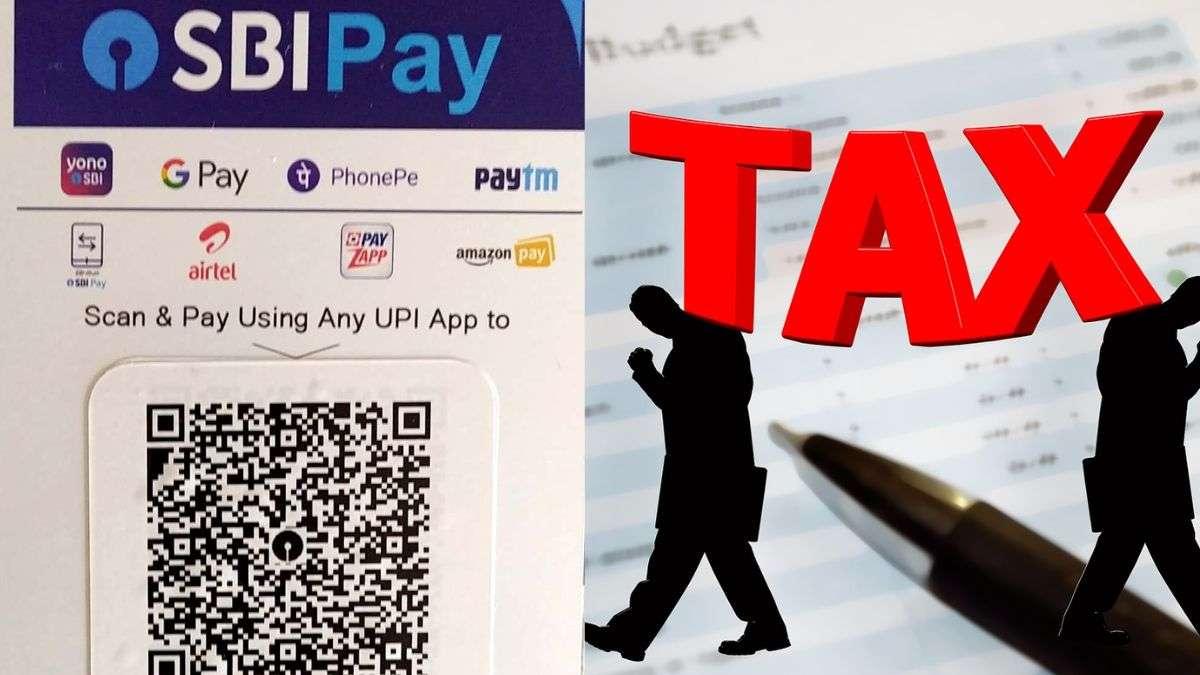Unified Payments Interface (UPI) has been a benchmark in India’s digital transformation. Through this innovative technology, users can effortlessly send and receive money through their smartphones. UPI transactions provide a quick solution, providing a convenient way to manage finances. Additionally, people can subside the necessity of carrying cash or cards.
Moreover, UPI minimizes the taxpayers’ liability, and provides such method for transactions, which are trackable. UPI also reduces the need to carry cash and boosts government’s tax revenue.
UPI transactions have no hidden costs or additional fees associated with using UPI apps and digital wallets, adding to the convenience of the customers. Customers just need a PIN or a Unique ID to start using the UPI services.
Taxation Rules
UPI too falls under the purview of income tax laws and the department monitors these transactions, ensuring compliance. Gifts received through UPI can be taxable and gifts from non-relatives exceeding Rs 50,000 in a financial year falls under tax as ‘Income from Other Sources’. However, gifts received from the relatives are tax-exempt, regardless of the amount.
Gifts or vouchers from employers via UPI exceeding Rs 5,000 per year are taxable. These are added to an individual’s salary income, subject to applicable taxes.
Moreover, Income Tax Department considers cashback offers from UPI as gifts. In a single financial year, cashback becomes taxable if its total amount exceeds Rs 50,000. Furthermore, any money received by a business as a reward or incentive from UPI is part of the taxable income.
UPI transactions of over Rs 1 lakh may face scrutiny and may be taxed, if considered income. However, transactions in the favour of IPOs, insurance payments, or tax payments have a higher exemption threshold of Rs 5 lakh.
Although, funds received as loan repayments or reimbursements are not taxable, but interest earned on loans is taxable as income.
Monitoring
The Income Tax Department keeps its eye on every transaction done through UPI. Bank accounts and PAN are connected to every UPI transaction, and individuals must mention any revenue received via UPI at the time of filing taxes. These mentions include cashback, presents, and payments for products or services. The failure to record transactions of this nature may lead to reassessments under Section 147 of the Income Tax Act, along with potential fines.












